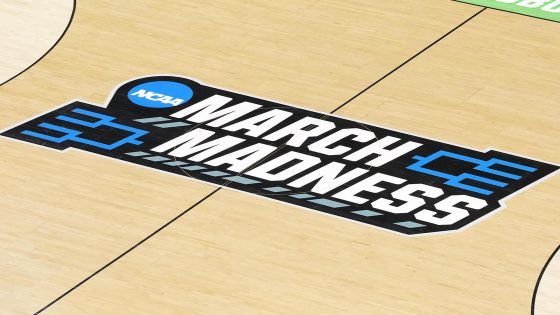March Madness — the National Collegiate Athletics Association’s (NCAA) college basketball tournament — kicked off this week, and Americans are betting big money on which school will be crowned champions for 2024.
U.S. bettors are expected to wager more than $2.72 billion on this year’s men’s and women’s national tournaments using legalized sportsbooks, according to the American Gaming Association (AGA). That’s about twice as much the amount of bets placed on the Super Bowl, according to the NCAA.
Why are Americans betting so much? There are three reasons, said Dave Forman, the association’s vice president of research: more people are expected to bet on the women’s tournament this year than in previous years, more states have legalized online sports wagering — allowing more bettors to join the fray, and more residents in states that already have legalized sports betting are placing bets.
To be sure, the convenience of online betting is another major factor.
“It wasn’t that long ago where, if you wanted to place a bet, you either had to go to the casino sportsbook in Nevada or you had to participate in the more casual betting among friends,” Forman said. “You had the offshore illegal sportsbooks, but [online betting] has driven a lot of new people into that legal market.”
Online sports betting is now legal in 38 states and Washington, D.C. Meanwhile, six states — Alabama, Georgia, Hawaii, Minnesota, Missouri and Oklahoma — have legislation pending that would legalize online sports betting, according to AGA’s tracker. If legislation passes in those states, the total amount wagered on March Madness is certain to grow even larger, Forman noted.
What’s special about this year’s NCAA Women’s Bracket?
There are a few storylines driving up interest and wagers on the women’s side, Forman said.
Women’s college basketball has generated a new crop of superstars in recent years — most notably Angel Reese from Louisiana State University and Caitlin Clark from the University of Iowa — that have captured the nation’s attention. LSU and Iowa are also in the women’s tournament and casual sports fans will be watching to see how far those teams advance, said Anthony Amey, a sports analytics professor at Virginia Tech. He also noted that Dawn Staley, coach of the University of South Carolina’s women’s team, has led her squad to an undefeated season and is hoping to beat both LSU and Iowa.
The number of bets on women’s college basketball games this season on Caesars Sportsbook is 190% higher than a year ago, the Associated Press reported this week. The sports handle — the total amount of money wagered by bettors — is also up at DraftKings and BetMGM, those operators told USA Today.
Why do Americans love betting on March Madness?
In what has become a March Madness tradition, Americans fill in brackets as they try to guess which team will emerge victorious from a weekslong gauntlet of televised games. Fans typically vie for cash prizes organized through an office pool at work or place friendly wagers with family and friends.
Betting on March Madness offers a more lasting experience for sports fans, experts say, because unlike the Super Bowl which is a one-day contest between two teams, the college basketball championship involves 68 teams and 134 individual games crammed into a timeframe of approximately three weeks. The tournament-style structure also gives bettors a chance to place wagers on multiple games within a day, Forman said.
As is the case with gambling in general, nearly everyone who places a wager on March Madness this year is bound to lose money. But fans continue to fill out brackets anyway, especially if they have an emotional tie to one of the teams, such as being a graduate of the school they represent, said Amey.
“The allure is that there are so many people who were fortunate enough to go to college, and there’s a certain passion that you don’t lose with that, so everybody wants their alma mater to be good,” he said. “Also, everyone loves the Cinderella story and everyone wants to see a buzzer beater.”
March Madness, said Amey, has turned into a “complete reality show” where nobody knows which underdog team could surprisingly topple a juggernaut school. And the NCAA has done a pretty good job promoting the tournament over the years, helping increase viewership, he added
“There are a few things that bring us all together and March Madness seems to be one of those things,” he said. “It’s part of the great things about sports.”
Source Agencies




